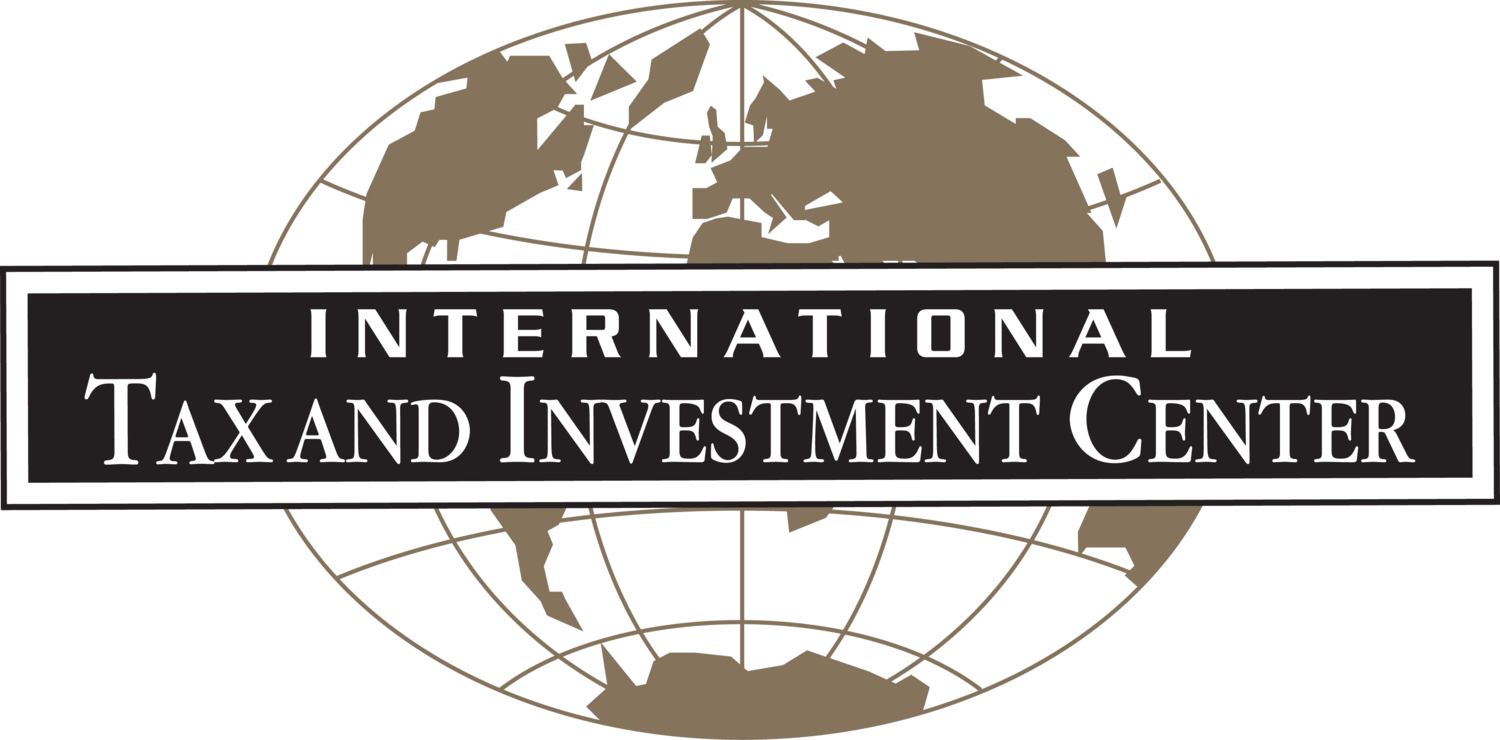Principles for Developing Countries Hydrocarbon Investment Policies
The overall fiscal and regulatory structure should begin with an alignment on valuing and recovering resources in a manner consistent with the country’s framework for economic development. It should:
Create the greatest overall value from the country’s resources by generating:
Value through maximum life-cycle economic recovery of resources consistent with the most efficient, safe and environmentally sound development and decommissioning/restoration
Growth in local economies as part of value creation via development of local infrastructure, industries, jobs and training
Revenues for country (including all governmental stakeholders) to reinvest
Be equitable both to government and investors
Ensure the government, as ultimate steward of the resources, receives for the country an equitable share of the benefit from its resources
Provide that investors receive a share reflecting all of their contributions and commensurate with the overall risks they bear
Align government and investing companies through project life
The regime should be responsive such that equitable sharing of value is realized through all stages of project life-cycle and across ranges of outcomes and market conditions
Recognize that projects and relationships are long-term and seek ways to promote partnership and mutual trust
Promote a stable and sustainable business environment
Country and investors should be able to plan ahead and rely on terms agreed upon
Investors should be willing to manage and accept business risks (e.g., exploration, technical, project execution and operation, and market conditions— price and costs) and country should seek to provide maximum possible certainty on rights and economic terms (e.g., rule of law, contract terms, legal framework, and fiscal terms)
Country and investors should operate in good faith to solve potential disputes quickly and efficiently and adopt mutually agreed dispute resolution procedures, such as mediation and/or arbitration practices, which lead to principles-based, timely resolved and satisfied, outcomes
Be administratively simple
Provide a clear, practical, enforceable, and non-discriminatory framework for administration of laws, regulations, and agreements
Adopt programs promoting cooperation and trust between tax administrators and taxpayer
Be competitive
Should be competitive with other countries given relative attractiveness and risks of resource development
Should attract widest range of potential investors to ensure country maximizes competition for its resources
Specific proposals and policies, including structure and administration of taxation, other government take, and legal requirements, should be tested in terms of whether they further the general objectives above.
